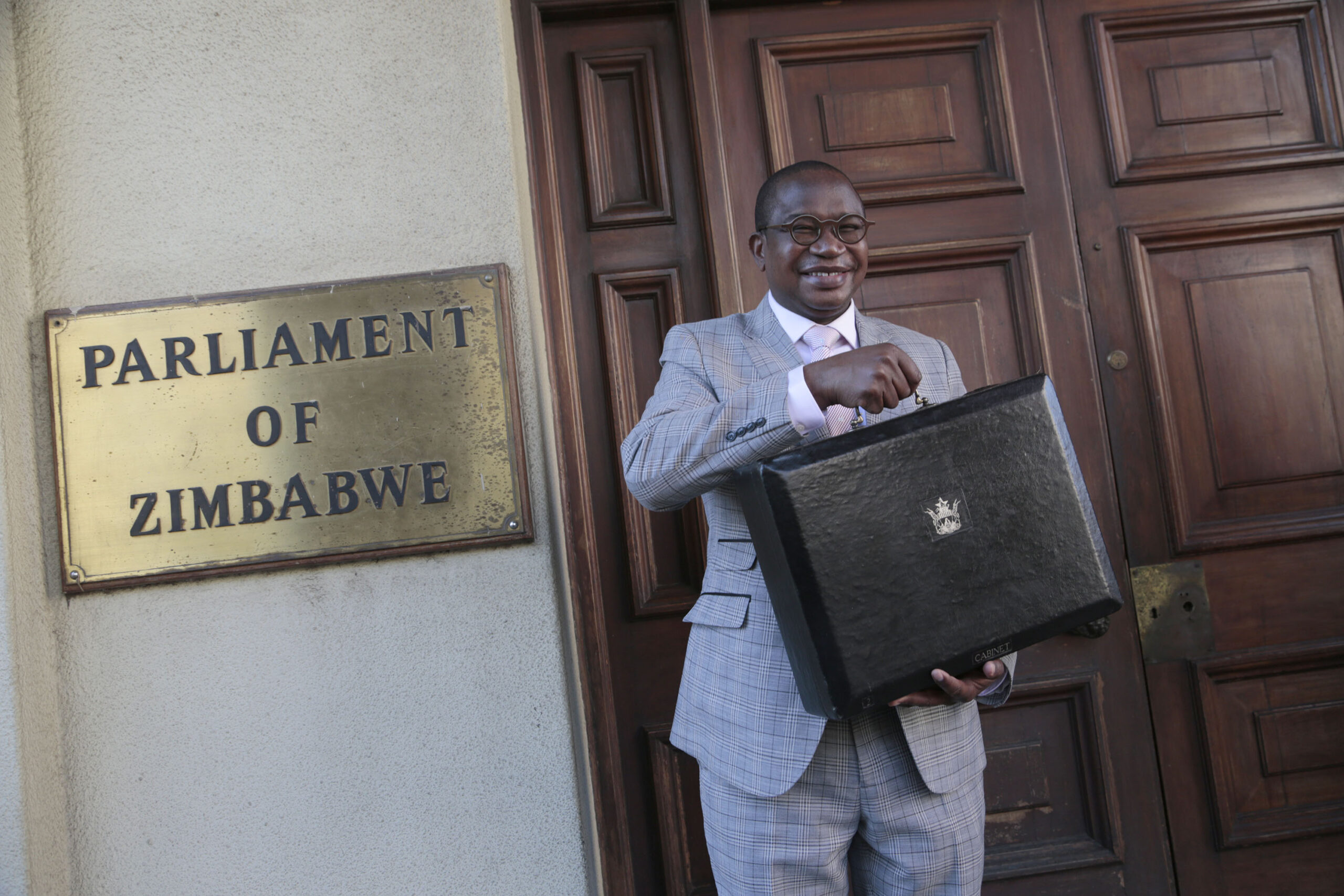ZIMBABWE’S Treasury has suspended payments to the government’s contractors and service providers until a due diligence exercise is carried out in what is clear admission on the forces behind parallel market foreign exchange trades which have ratcheted up inflationary pressure in the economy.
BERNARD MPOFU
As reported by The NewsHawks last week, government procurement and service providers — who include public works contractors and suppliers of goods and services — are destabilising the foreign exchange market by offloading part of their staggering monthly payments, fuelling inflation.
Public procurement is central to government service delivery. It involves large sums of money. The sources say the government’s monthly operating budget is between ZW$95 billion and ZW$100 billion. It is split almost equally between civil servants’ wage bill on one hand and recurrent as well as capital expenditures on the other.
According to a letter written by George Guvamatanga addressed to senior government officials including Martin Rushwaya, deputy chief secretary to the President and Cabinet, Jonathan Wutawunashe, secretary to the Public Service Commission, among others, Treasury has suspended funding for payment runs submitted as at 31 July as it reviews existing procurement contracts.
“Treasury has noted with concern that Ministries, Departments and Agencies are submitting pay runs for the disbursement of cash goods and services procured using the parallel market exchange rates,” wrote Guvamatanga in a letter dated 4 August.
“As you are aware, such pricing framework by suppliers of goods and services, have not only been causing inflationary pressures but also fueling parallel market activities. This has caused instability in the foreign exchange market characterised by unnecessary movements on the rate resulting in exorbitant prices being charged.”
Forward pricing by the contractors and the buying of foreign currency from the parallel market, according to Guvamatanga, has resulted in budget overruns which are piling pressure on Treasury to fund expenditure which is not aligned with revenue inflows.
“In this regard, Treasury is suspending all payments to MDAs whilst awaiting your submission of reports of findings of due diligence on all running and future contracts with special focus on pricing,” the letter further reads.
“Going forward, you are required to seek Treasury approval on contract prices in order to ensure effective control in the utilisation of public resources as guided by the PFM Act [Public Finance Management].
“In addition, all payment runs submitted to Treasury should have been reviewed and signed off by the Accounting Officer ensuring value for money in procurement and confirming that the pricing framework is line with government policy.”
Sources say the government spends about ZW$50 billion a month (about US$110 million at the official exchange rate) on suppliers. This money mostly finds its way into the parallel market, fuelling exchange rate volatility and inflation. The official exchange rate was US$1:ZW$478.40 this week. The parallel market rate was US$1:ZW$800. However, the rate is coming down due to a cocktail of tight monetary policy measures and crackdown on the market. Most of the government’s procurement of goods, works and services is financed from short-term public funds.
These services include buying motor vehicles, information communication technology systems and computers, fuel, furniture, food, travel, cleaning services, utilities, construction of roads and dams, alteration, demolition, installations, or repair work done under contract and paid mostly in full through taxpayers’ funds.
Sometimes these are financed by loans, donor funds and grants, but due to Zimbabwe’s international isolation and lack of external funding because of failure to repay debts and arrears, as well as financial restrictions (targeted sanctions), foreign funding is limited.
Due to failure to repay arrears, the country cannot borrow externally. As a result, it finances its capital expenditure projects through short-term outlays, thus creating liquidity, fuelling money supply and inflation.
After procurement, and providing goods and services, the suppliers are paid in local Zimbabwean dollar currency, which they often rush to offload on the parallel market to buy hard currency — United States dollars — as a store of value and a more preferred medium of exchange in the market.

